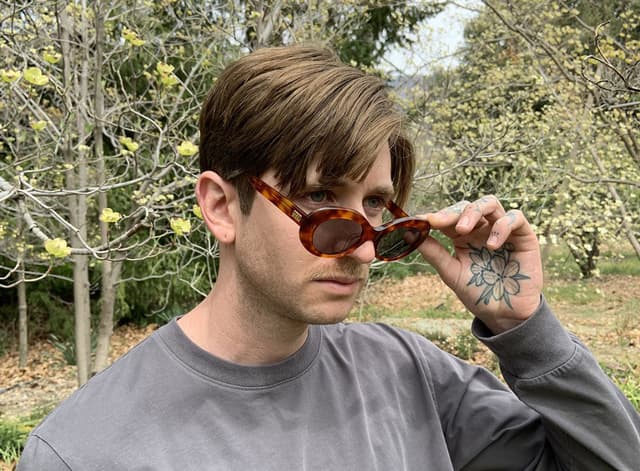Podcast

Ian Lecklitner's Principles of Pleasure
January 10, 2022
Journalist Ian Lecklitner writes about food, sex, drugs, and why they make us feel the way they do.

Journalist Ian Lecklitner writes about food, sex, drugs, and why they make us feel the way they do.